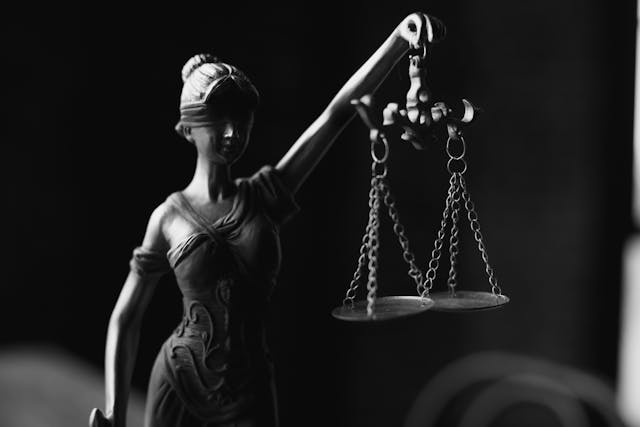When you and your spouse file for divorce, it can have a profound impact on those involved. However, though you may be struggling, it’s important to understand that this process can also have a significant effect on your children, especially as they adjust to custody. As such, it’s imperative to know what to expect in these matters so you can best prepare for this process. If you’re unsure what the different types of custody are or how the courts determine these arrangements, you’ll want to continue reading. The following blog explores what you must know about these important matters and why working with a Long Island child custody lawyer is crucial to fighting for the best possible outcome for you and your family.
What Are the Different Types of Custody?
It’s important to understand there are various types of custody that must be decided in these matters. As such, it’s important to understand physical and legal custody.
Physical custody refers to the parent who has the child in their care at the time. As such, the court may order joint physical custody, in which both parents have equal time with the child, or sole physical custody, in which the child lives primarily with one parent, while the other may have limited time spent with the child or visitation.
Legal custody refers to the right of a parent to make decisions for the child. These matters can include where the child goes to school, what religion they practice, and what medical treatment they receive. Like physical custody, this can be granted to both parents or solely one parent. If both parents receive legal custody of the child, they must work together to make decisions for the child.
What Factors Will the Court Consider When Making a Decision?
It’s important to understand what factors the court will consider when deciding custody matters. First and foremost, it’s crucial to note that the court will adhere to the “child’s best interest” standard. This means the court will prioritize the health, well-being, and success of the child over the wants and wishes of the parents. As such, when determining custody matters, the court will consider the following factors:
- The age and health of each parent
- The income of each parent
- The ability of each parent to provide a safe and stable home for the child
- Who the child’s primary caretaker was prior to the divorce
- The job responsibilities of both parents
- The willingness of both parents to co-parent
- If there are any allegations of neglect or abuse
- If there are any allegations of substance abuse
- Where the parents live in relation to one another and the child’s school and extracurriculars
- Any other factors the court deems relevant to these matters
You should also note that the court will begin these matters by assuming that equal custody is in the child’s best interest. This is because it’s believed that having a relationship with both parents is best for children. However, after examining these factors, the court may decide that equal custody is not conducive to the child’s best interest.
As you can see, there are several factors the courts must take into consideration when determining these sensitive matters. As such, if you are going through a divorce and need assistance fighting for the best outcome for you and your child, connecting with an attorney from the Law Offices of Jay D. Raxenberg, P.C., is in your best interest. We understand how nerve-wracking and contentious these matters can be, which is why we are committed to fighting for you. Contact us today to learn more.



